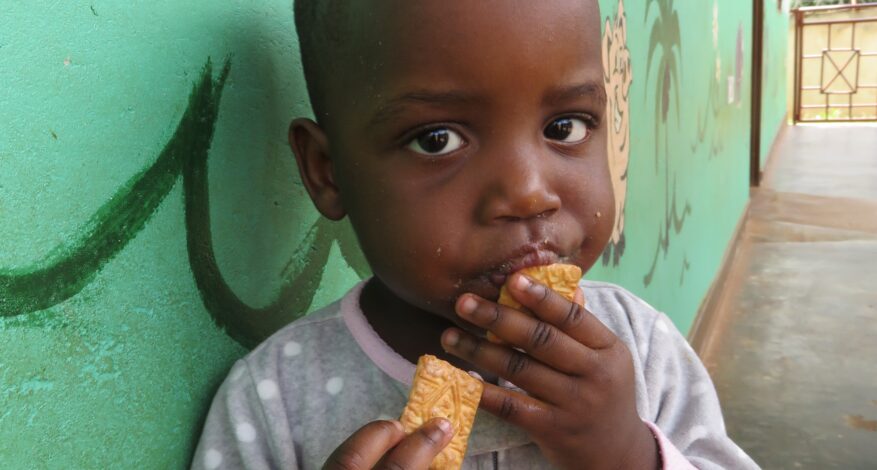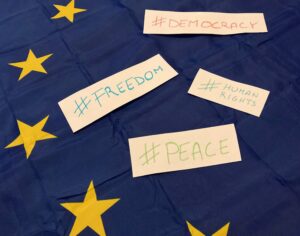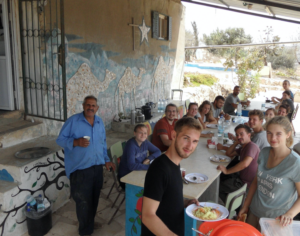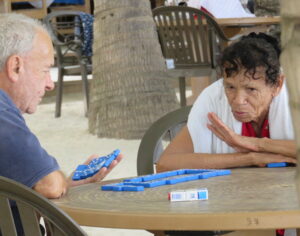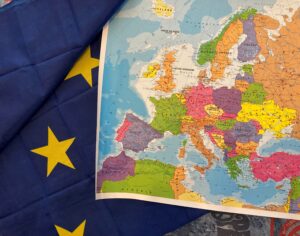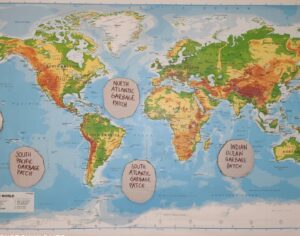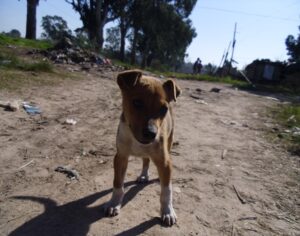FIGHTING HUNGER TO BRING PEACE
On the 9th of October 2020, in Oslo, the Norwegian Nobel Committee has decided to award the Nobel Peace Prize to the World Food Programme (WFP), a historical result for the largest humanitarian organization which fights hunger by fostering peace.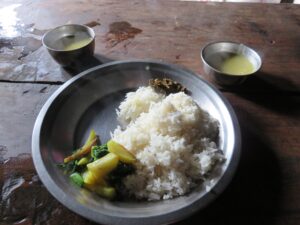
As we all know, hunger and food insecurity are the worst enemies of the poorest populations living in the most marginalized regions of the world, representing a threat that is often more dangerous than any other crisis. The main goal of the World Food Programme, within the wider context of the United Nations’ Sustainable Development Goals, aims at eradicating hunger, achieving food security and improved nutrition worldwide by 2030.
 The most recent data show us that, in 2019, 135 million people suffered from acute hunger: it is the highest number in many years. The WFP, in the same year, helped 97 million people – the largest number since 2012 – in 88 different countries. This demonstrates how many needs this humanitarian organization can cover with its action and, at the same time, how much work has still to be done.
The most recent data show us that, in 2019, 135 million people suffered from acute hunger: it is the highest number in many years. The WFP, in the same year, helped 97 million people – the largest number since 2012 – in 88 different countries. This demonstrates how many needs this humanitarian organization can cover with its action and, at the same time, how much work has still to be done.
Hunger and scarcity of food are among the most devastating effects of wars and conflicts. That’s why one of the most crucial aims of the organization is also to work for better conditions for peace in conflict-affected areas, as well as to prevent the use of hunger itself as an actual weapon of harm and war, used to drive and manipulate interests and keep the most fragile ones under control. As the Norwegian Nobel Committee mentioned, “the link between hunger and armed conflict is a vicious circle: war and conflict can cause food insecurity and hunger, just as hunger and food insecurity can cause latent conflicts to flare up and trigger the use of violence.”
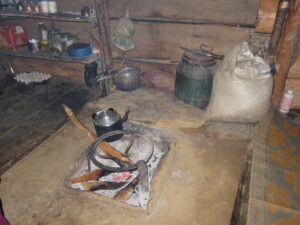 Providing assistance to increase food security, according to the Nobel Committee, not only prevents hunger but can also help to improve prospects for stability and peace, that’s why the WFP is worthy of being awarded the highest and noblest prize. In particular, the organization managed to combine humanitarian work with peace-aimed strategies, also through some projects in South America, Africa, and Asia.
Providing assistance to increase food security, according to the Nobel Committee, not only prevents hunger but can also help to improve prospects for stability and peace, that’s why the WFP is worthy of being awarded the highest and noblest prize. In particular, the organization managed to combine humanitarian work with peace-aimed strategies, also through some projects in South America, Africa, and Asia.
Moreover, the WFP played an important role in the diplomatic process that culminated, in 2018, in the adoption by the UN Security Council of the Resolution 2417, which for the first time explicated the link between hunger and conflict.
Coronavirus pandemic
New challenges are now standing out at the horizon for this organization, the most difficult and dangerous one being the current health crisis. The coronavirus pandemic has contributed to a strong increase in the number of victims of hunger worldwide. In the countries of central Africa, for instance, the combination of conflict and pandemic led to a rise in the number of people entering a state of starvation. Within this context, the World Food Programme managed to highly intensify its efforts, strongly reaffirming, once again, the universal importance of their activity, explicitly stating that “until the day we have a medical vaccine, food is the best vaccine against chaos.”
Proposals 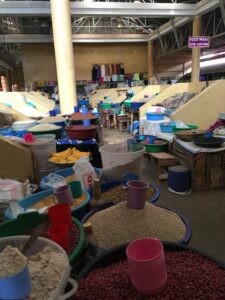
This meaningful awarding should also be a reminder for us all: our lives as human beings are very fragile. We shall always recall the fact that, despite how advanced, modern, and progressed our daily lives may seem, we highly depend on a few simple, yet fundamental, needs.
It is not an advanced, modern, or progressed world the one which leaves millions of people behind facing extreme living conditions and hunger. To reach a condition in which every human being can live a desirable and dignified life is in the interests of every single one of us. This is the time to start taking on our individual responsibilities and playing our part also in our daily lives, by donating food for local initiatives, or simply by limiting the waste of food.

